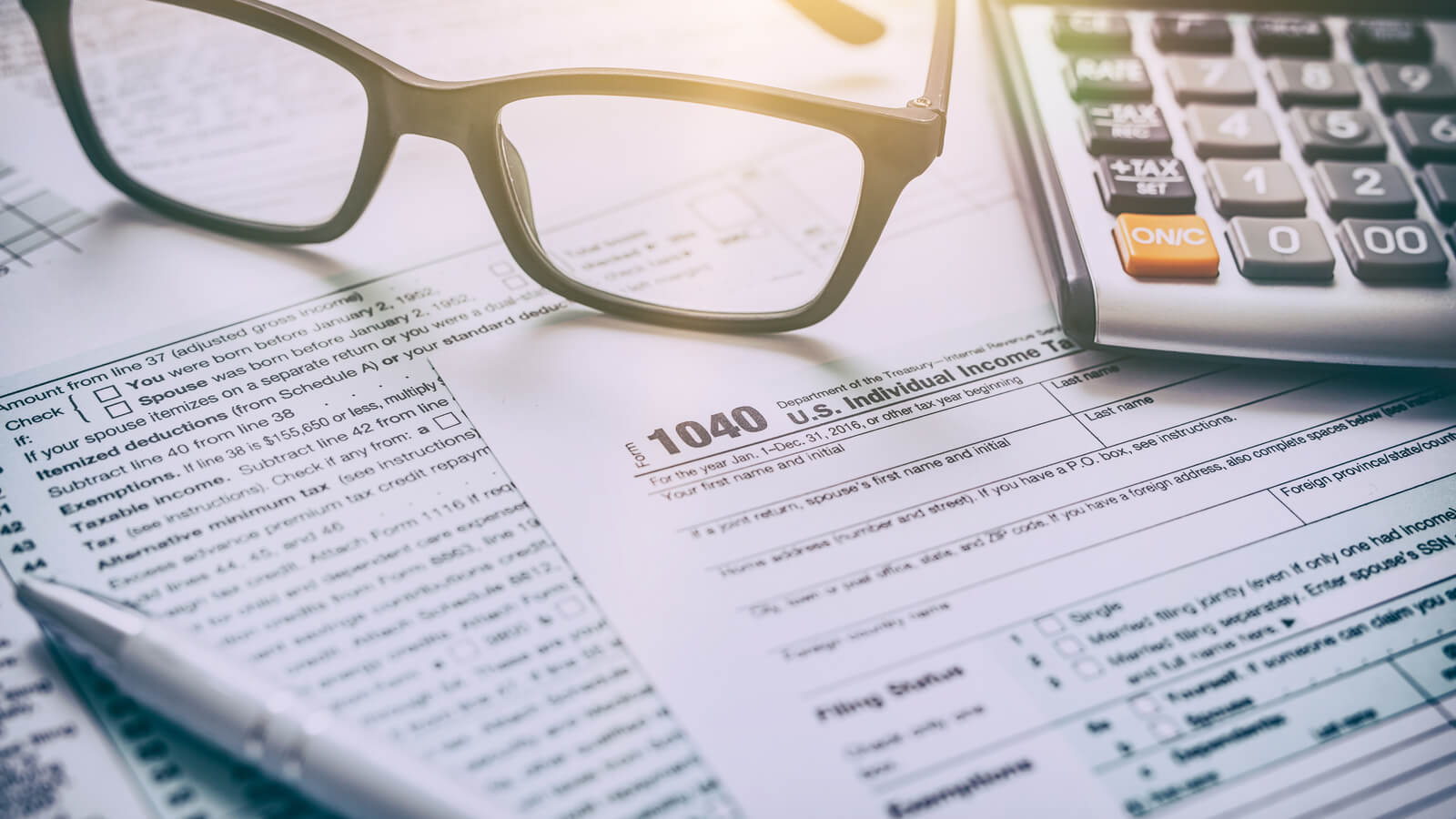If you don’t file Form 1065 or Form 1120-S, you may owe penalties and not be able to qualify for loans, tax credits or certifications.
Filing business tax returns can take hours of planning and cost hundreds of dollars. So at some point, it’s natural to ask yourself if you even need to file your return.
The answer for small business owners is always yes.
Business returns include Form 1065 for LLCs taxed as partnerships and Form 1120-S for LLCs taxed as S corporations. Here are just a few of the things that can happen if you fall behind on your business tax returns:
- You can face penalties
- You can’t deduct losses in the future
- You might not qualify for loans
- You might be disqualified from loans or certifications you’ve already received
- You might not be able to secure assets or obtain office space
For those reasons, filing your business return is often even more important than filing your personal return. Learn what can happen if you don’t file — and how you can file for an extension to avoid those consequences.
Contents |
| Am I required to file my business return? |
| What happens if I don’t file my business tax return? |
| How to file a tax extension |
Am I required to file my business return?
Yes. Small business owners should always file their partnership and S corp returns, even if you had losses or no income.
It’s common for small businesses to not make any sales or do any business in their first year (or even longer). In any case, you need to file. Your business likely does have activity that you’re overlooking — which should be reported on your return.
That activity could include the cost of starting your business or filing your annual report. So even if you’re not making sales, there are expenses that you can report on your return.
The same principle applies if your business lost money. You still need to file your business return if your business takes a loss — because you need that proof when you file your Form 1040 shown on a Schedule K-1. That proof of loss helps you offset your tax liability for future years.
What happens if I don’t file my business tax return?
Small business owners that don’t file their tax return, or are behind by a few years, can run into trouble down the road. They typically owe more in penalties and interest, and lose opportunities to borrow money or purchase important assets.
Here are some of the top reasons why you should always file your Form 1065 or Form 1120-S as a small business owner.
1. You could owe penalties
Form 1040 has its own late filing penalty based on your unpaid taxes. However, penalties for not filing business returns work differently.
The penalty is $210 per owner of the business for each month your return isn’t filed for up to 12 months. If you’re a single-member LLC taxed as an S corp, that’s a minimum of $2,520 if you go a year without filing, not including interest. For LLCs taxed as partnerships, the minimum penalty is $5,040 under the same circumstances for two partners.
2. You may not be able to get loans
Not every lender will ask for your tax returns. But if you don’t have recent returns, it can make or break your chances of a loan with the lenders that do require it.
This was the case for many of the COVID-19 loans. Business owners needed up-to-date business and personal tax returns to qualify for EIDL or PPP loans. Those were essential for many business owners — and the ones who needed to catch up on their returns needed to wait for their much-needed relief.
You never know when a disaster is going to hit — either in the economy or within your business, so it’s always best to be prepared by having your tax returns filed.
3. You might lose loans or certifications you already have
You could risk losing the loans you’ve already received by not filing your business tax returns. Business loans often have filing requirements in those loan agreements you signed. If you don’t stay up to date, you won’t qualify for the loan anymore — and you might be required to pay them back immediately.
The same contingency applies to professional certifications or licenses you may have earned. For example, tax preparers have to certify that they’re up to speed on their returns in order to renew their government-required preparer tax identification number every year.
You may be required to do the same even if you’re not in a tax-related field.
4. You may not be able to buy or finance big purchases
Not filing your business tax returns could prevent you from financing or buying assets like a company workspace or a vehicle.
If an asset is for your business, then a lender will likely ask for business tax returns on top of your personal ones. Not all lenders ask for them, but many will. So if you don’t have your business returns readily available, you could be shrinking your pool of options.
5. You can lose out on tax savings in the future
You can save on taxes in the future by recording your net operating loss (NOL) on your Form 1065 or Form 1120-S. So if you lose money on your business one year, which is common, you can use that for tax savings the next year.
Your loss must be recorded on your business return in order for you to receive a Schedule K-1 for that year. You can then use that Schedule K-1 to report the NOL when you file your personal income tax return (Form 1040).
6. You might not qualify for tax credits
To qualify for some credits, you need to have filed your partnership or S corp return and received a Schedule K-1 as a result.
Your Schedule K-1 gives you the information you need to claim the credit on your personal income tax return. For example, some small business tax credits include the Work Opportunity Credit and the Credit for Small Employer Health Insurance Premiums.
If you try to claim those credits on your personal return without having filed your business return and without a K-1, the IRS can reject your return — or even audit you.
7. You might not be able to sell your business
If the time comes for you to sell your business, the buyer will also likely ask for your business returns.
They’ll want to verify the income and financial health of your business — so tax returns will likely be one of many things you’ll need. If they don’t have that information, they’re not going to feel confident buying your business.
How to file a tax extension
S corp tax returns (Form 1120-S) and partnership tax returns (Form 1065) are both due by March 15.
You should request a tax extension if you don’t think you can file your business return by the deadline. The extended due date for both forms is Sept. 15 — giving you an extra six months.
If you need help filing your return — whether it’s because you’re short on time or you’re not sure how — a CPA or tax firm can help you while maximizing your savings.
The bottom line
It’s not essential for every taxpayer to file their personal tax returns — but it is essential for small business owners to file their partnership and S corp returns.
If you don’t file, you could end up paying more in penalties and lose your ability to get loans or sell your business. Even if your business isn’t profitable or making money, it’s still important that all business owners file.
Many small business owners are behind on filing simply because they’re not sure how to file complex tax returns. You can avoid falling behind — or start catching up — by scheduling a free call with a DiMercurio Advisors team member today. Having a plan for your taxes can take that stress off your shoulders and leave you with more time to focus on the parts of your business you actually love.








